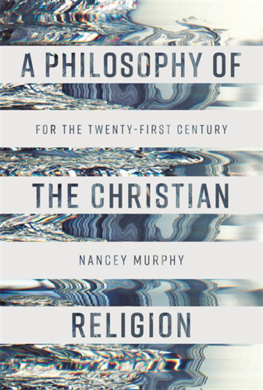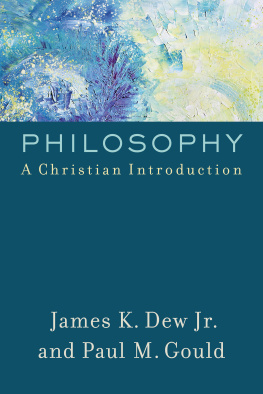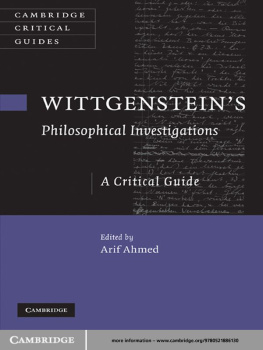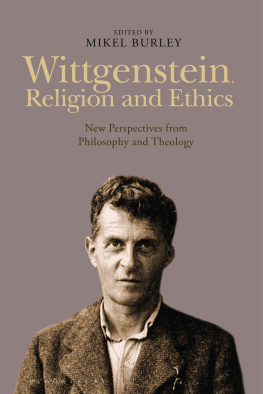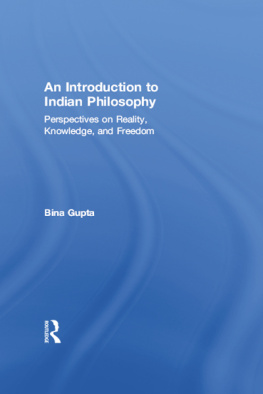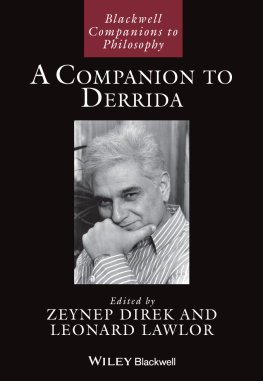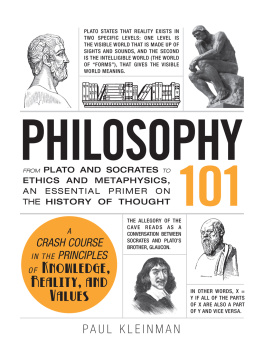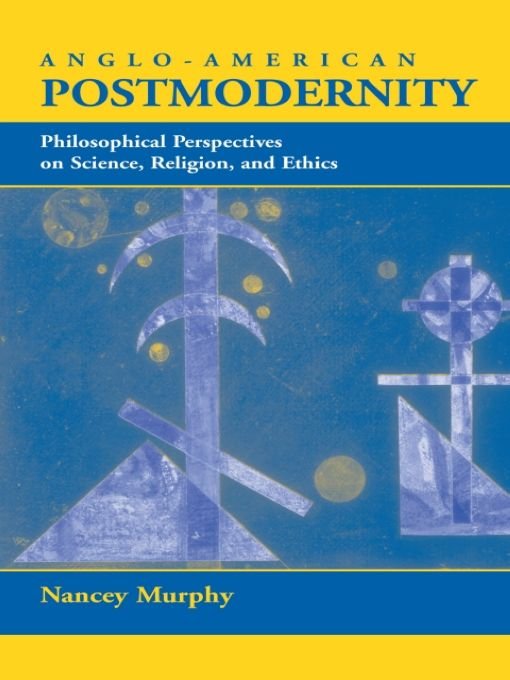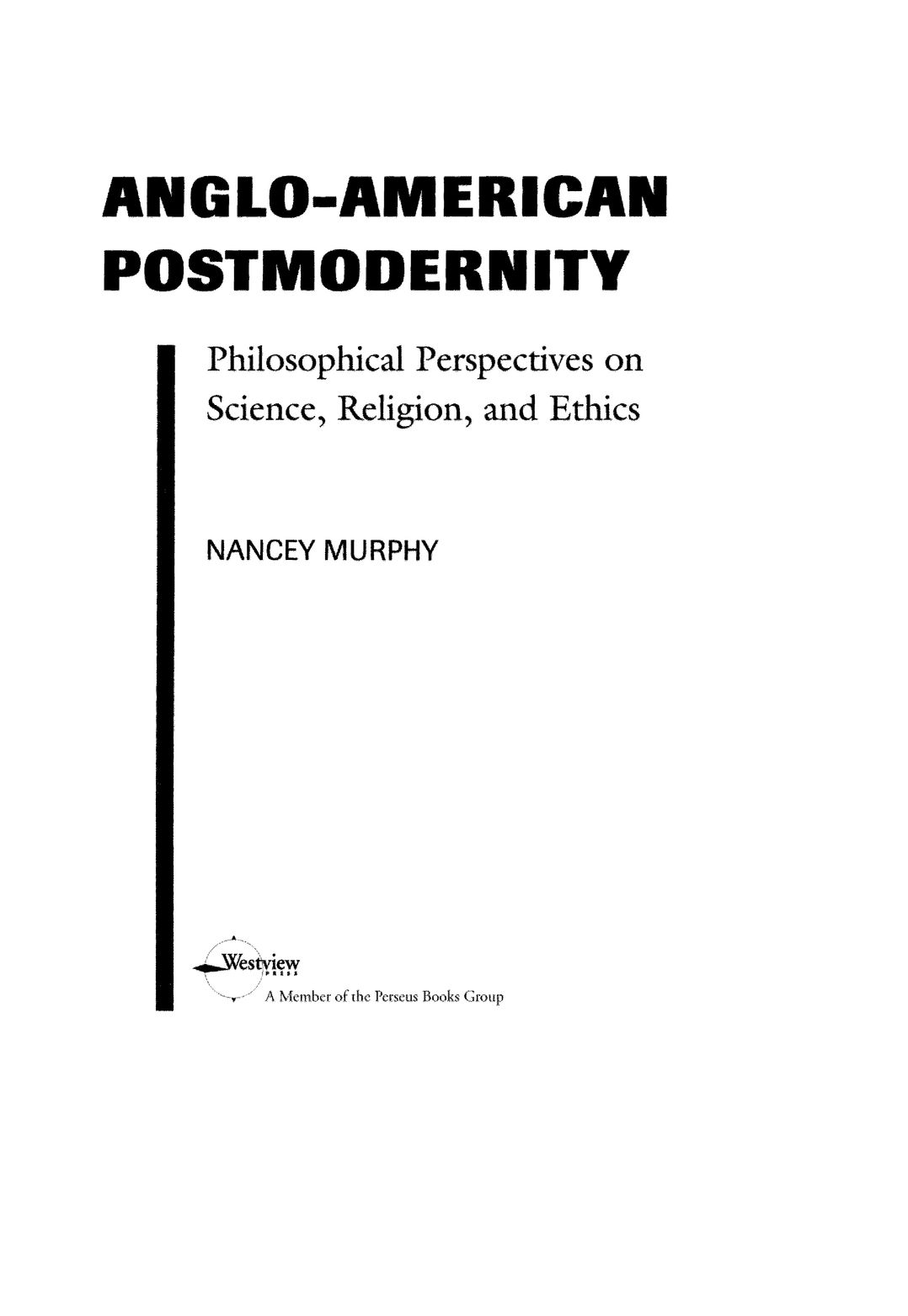Table of Contents
To my son, Andr Fedn
Acknowledgments
I am grateful to Spencer Carr at Westview Press for urging me to put this book together. Most of the materials have been reworked from previous publications and oral presentations. Thus, the list of those to whom I am indebted has grown over the years.
The distinction I draw in Chapter 1 between modern and (Anglo-American) postmodern thought was worked out with my husband, James Wm. McClendon Jr., and first published in Distinguishing Modern and Postmodern Theologies, Modern Theology 5 (April 1989):191214. Our ongoing discussions have been the single most important inspiration for this book. Robert J. Russell made helpful comments on a draft of this chapter.
Chapter 2 was originally published in slightly different form as scientific Realism and Postmodern Philosophy, British Journal for Philosophy of Science 41 (1990):291303. Reprinted by permission of Oxford University Press.
Chapter 3 is part of a paper discussed under the auspices of the Boston Colloquium for the Philosophy of Science at Boston University in November 1993. I thank the faculty there for the stimulating discussion. The paper was published as Postmodern Non-Relativism: Imre Lakatos, Theo Meyering, and Alasdair MacIntyre, Philosophical Forum 27 (Fall 1995):3753. Reprinted by permission.
Chapter 4 is a summary of my first dissertation, at the University of California at Berkeley. I am grateful to Paul Feyerabend. my mentor, for his advice on this project and for much else besides. I also thank Hans Sluga and Gonzalo Munvar. The chapter was published in similar form as Proliferation of Models and the Quest for Progress in Psychiatry, Explorations in Knowledge 1 (1984):89110.
Chapter 5 is an overview of the first half of my book Beyond Liberalism and Fundamentalism: How Modern and Postmodern Philosophy Set the Theological Agenda (Valley Forge, Pa.: Trinity Press International, 1996). This book began as a series of lectures at Rice University. I thank Werner Kelber for the invitation; James McClendon and Charles Scalise were especially helpful in this project.
Chapter 6 is a reworking of a paper presented to the Society of Christian Philosophers at Wheaton College in January, 1994. A version of that paper will be published as Philosophical Resources for Postmodern Evangelical Theology, Christian Scholars Review 26 (Winter 19961997). Reprinted by permission.
Chapter 7 was originally published as part of Textual Relativism, Philosophy of Language, and the baptist Vision, in Stanley Hauerwas, Nancey Murphy, and Mark Nation, eds., Theology Without Foundations (Nashville, Tenn.: Abingdon Press, 1994), 245270. Comments by Terry Tilley and James Dunn-Smith were particularly helpful.
Chapter 8 originated as a paper presented at a conference on rationality and spirituality at California State University, Fullerton, in March 1993.
Chapter 9 was originally presented as the plenary address at a regional meeting of the American Academy of Religion in St. Paul, Minnesota, in April 1995. I received helpful responses from faculty members at the University of St. Thomas, St. Paul, when I gave the paper there in February 1996. Some of the material in this paper appears in similar form in a book written with George F.R. Ellis, On the Moral Nature of the Universe: Theology, Cosmology, and Ethics (Minneapolis: Fortress Press, 1996).
Chapter 10 is a revision of a paper written for a conference on evolution and divine action sponsored by the Vatican Observatory and the Center for Theology and the Natural Sciences at Castel Gandolfo, Italy, in June 1996. I thank William Alston and the participants at that conference for helpful suggestions.
I thank Dennis Patterson at the School of Law, Rutgers University, for his encouragement in pursuing this project. Were it not for him, I would have given up the attempt to capture the term postmodern to describe the changes in Anglo-American thought that are examined here.
Finally, thanks to the staff of Westview Press for their cheerful and efficient help.
Nancey Murphy
Introduction
Stanley Fish introduces Doing What Comes Naturally by warning the reader that the essays, though ostensibly on a variety of topics, all say the same thing. Much the same can be said of this book. Each essay, in its own way, hammers home the point that our Western conceptual scheme, at its most basic level, is in the process of change.
The term postmodernity is now in vogue, and I have taken the risk of using it in the title. It is a risk because French (and some other Continental) thinkers have effectively appropriated it to refer to current work in literary criticism, feminist thought, metapsychology. Despite the modifier Anglo-American, my writings are sure to be associated by some with these trendy moves. I state here and now that I have nothing to do with the Lyotardians, Derridians, De Mannians. Would that they had found a different term, for imagination fails me as I hunt for an alternative, and as the essays following demonstrate, I am not as imaginative as these literary folk.
The reason I persist nonetheless in using the term is that we so badly need it on this side of the Atlantic and English Channel. As I say, drastic changes have occurred in some of the most basic concepts expressed in English. I concentrate here on changes in three areas, designated by the philosophical names attached to each: epistemology, philosophy of language, and metaphysics. My contention is that in the last fifty years whole clusters of terms in each of these domains have taken on new uses, and these changes have radical consequences for all areas of academia and presumably for the living of life as well. The following essays trace these consequences only in the three areas with which I am most familiar: ethics, philosophy of science, and philosophy of religion (with a concentration in Christian thought).
The purpose of this book, then, is to attempt to appropriate the term postmodern, to describe emerging patterns in Anglo-American thought and to indicate their radical break from the thought patterns of Enlightened modernity. A deeper concern than that of terminology can be expressed as follows: I hope to induce a gestalt switch in the readers perception of recent (Anglo-American) intellectual history. If now the reader sees continuity or gradual change from Carl Hempel to Karl Popper to Thomas Kuhn; from C. I. Lewis or Rudolf Carnap to W.V.O. Quine; from Gottlob Frege to J. L. Austin and Ludwig Wittgenstein (and back to Michael Dummett and Saul Kripke), I hope to make radical discontinuity appear. I make the bold claim, already implicit in the term postmodern, that the discontinuity will sooner or later be recognized by historians to be of equal magnitude as that between Descartes and his Jesuit teachers.
My own gestalt switch came about serendipitously. My husband and colleague, James McClendon, and I were invited to a conference on the church in a postmodern world (sponsored by the Trinity Institute of Manhattan in 1987). The speakers included George Lindbeck, historical theologian at Yale; Diogenes Allen, philosopher at Princeton Theological Seminary; and Robert Bellah, sociologist at the University of California, Berkeley. We asked ourselves the following question: if these speakers represent postmodernity, then what is the substance of their differences from modern predecessors? Our sense was that the nature of the questions, the very terms of the arguments, had indeed shifted and that a handful of philosophers could be credited with the change. In epistemology and philosophy of science, there was the rejection of foundationalism in favor of the holist views of the likes of Quine and Kuhn. In philosophy of language, there was the shift from theories of meaning based on reference or representation to a focus on the social uses of language, found especially in the works of Austin and Wittgenstein. In ethics, the shift was the rejection of modern generic individualism in favor of Alasdair MacIntyres more complex theory of the priority of the social. I argue that there has been a similar revision of views of the relation of parts and wholes reflected in science and other branches of philosophy and thus that a metaphysical shift has occurredthe rejection of modern atomism-reductionism in all its forms.


